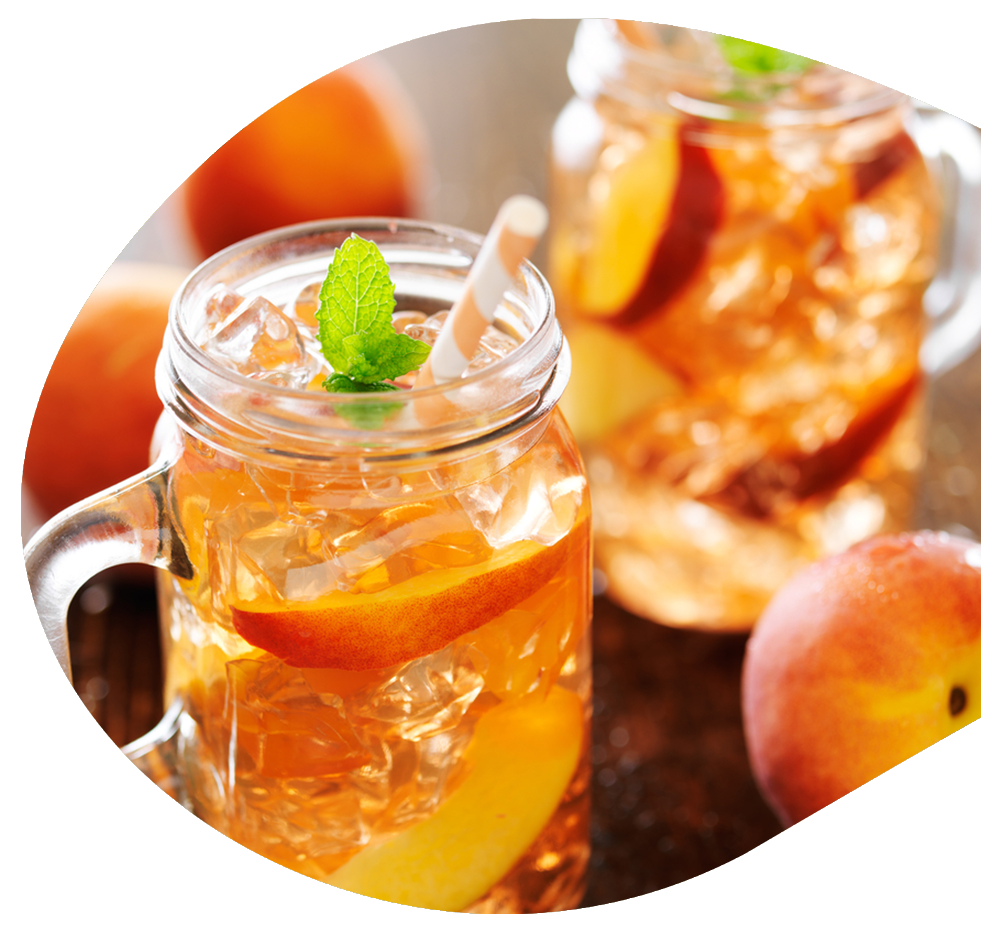Stevia
Stevia: A Leading Natural Sweetener
Stevia is a zero-calorie, plant-based sweetener that is 200-350 times sweeter than sugar and widely used in beverages, baked goods, dairy, and more. Its extracts contain steviol glycosides, which deliver sweetness while remaining heat-stable, pH-stable, and non-fermentable. Advances in purification, including high-purity options like SteviaMAX™ from Apura Ingredients, have enhanced stevia’s taste, reducing bitterness and improving functionality in formulations.
Exclusively from Apura Ingredients, high-purity SteviaMAX™ is the latest innovation in stevia, delivering exceptional performance with a clean, sweet taste. Designed for optimal food and beverage applications, it provides high potency, a balanced flavor profile, and a cost-effective solution for manufacturers focused on clean-label and sugar reduction initiatives.
Stevia pairs well with allulose, erythritol, and monk fruit for a balanced, sugar-like experience. With rising consumer demand for clean-label, low- and no-sugar products, stevia continues to drive innovation across global food and beverage markets.
Although some earlier prototypes had an unappealing and bitter aftertaste, stevia has since evolved to have a much better taste profile than what was initially offered. Get in touch for more information!
Kerry Kenny
Chief Technical Officer
Other resources
- SteviaBenefits.org| formats | We carry 25 different types of stevia, including Reb A, Reb B, Reb D, Reb M, Blends, Glycosylated Stevia, and new SteviaMAX® exclusively from Apura Ingredients. |
|---|---|
| appearance | White crystal or crystalline powder |
| pH level | 4.5 – 7.0 |
| shipping | Recommended to be stored in an odor-free environment Low humidity conditions are recommended to minimize caking/degradation potentials |
| storage | Store in well-closed containers in a cool, dry environment |
| shelf life | The shelf life of this material is two years from the date of manufacture if stored in recommended conditions. |
| conformity | US FDA GRAS No-Objection Kosher, Parve, and Halal Certified |

Suggested Uses
- Soft drinks
- Ready-to-drink teas
- Fruit juice drinks
- Energy drinks
- Flavored waters
- Baked goods
- Ice cream
- Breakfast cereals
- Tabletop sweeteners



 Although some earlier prototypes had an unappealing and bitter aftertaste, stevia has since evolved to have a much better taste profile than what was initially offered.
Although some earlier prototypes had an unappealing and bitter aftertaste, stevia has since evolved to have a much better taste profile than what was initially offered.